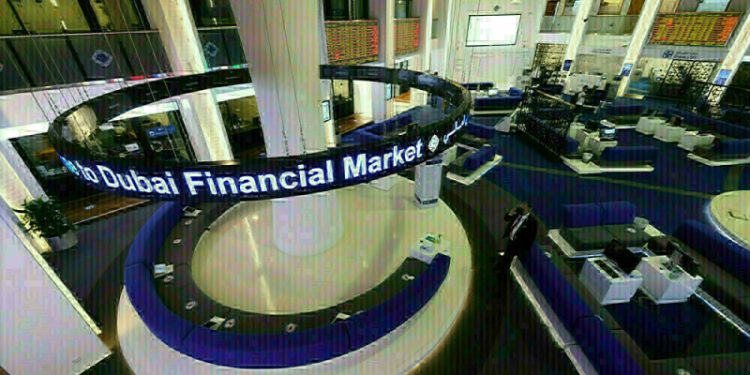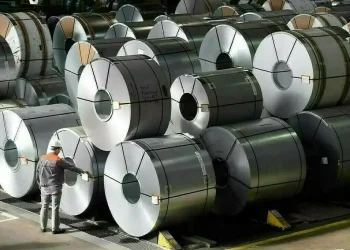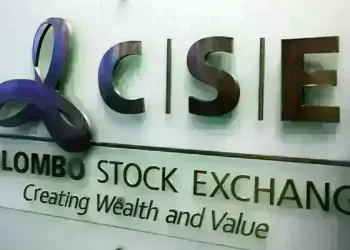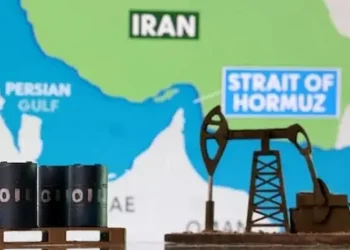Stock markets in the Gulf ended mixed on Thursday as uncertainties around U.S. tariff policies and fears of an economic slowdown remained top concerns for investors.
Traders are waiting for signs of progress on negotiations between U.S. President Donald Trump’s administration and its trading partners, including the ongoing trade talks with Japan. The direction of any potential discussions with China remains the biggest overhang.
Saudi Arabia’s benchmark index declined 0.7%, hit by a 0.5% fall in Al Rajhi Bank and a 2.1% decline in Saudi Arabian Mining Company.
The market could remain vulnerable to developments related to external factors, especially trade tensions, said George Pavel General Manager at Naga.com Middle East.
“However, the upcoming first-quarter earnings releases could potentially act as a catalyst, influencing market direction and possibly providing support.”
Dubai’s main share index reversed early losses to finish 0.2% higher, helped by a 6.8% jump in Parkin Company.
Investors were also digesting comments from Federal Reserve Chair Jerome Powell, who warned of the risk of slowing growth and rising prices due to tariffs.
Major Gulf markets fall on trade war concerns
In Abu Dhabi, the index concluded flat.
According to Pavel, despite oil prices stabilizing somewhat after their recent decline, they remained at lower levels and provided only limited support to the market.
Oil prices rose to the highest in two weeks amid low liquidity ahead of the Easter holidays after the United States imposed new sanctions to curb Iranian oil exports, elevating supply concerns.
The Qatari index dropped 0.6%, with Qatar Islamic Bank losing 2.8%.
Outside the Gulf, Egypt’s blue-chip index edged 0.1% higher, with Commercial International Bank rising 0.9%.
—————————————–
SAUDI ARABIA declined 0.7% to 11,553
Abu Dhabi was flat at 9,259
Dubai added 0.2% to 5,062
QATAR dropped 0.6% to 10,136
EGYPT gained 0.1% to 31,063
BAHRAIN was down 0.4% to 1,902
OMAN finished flat at 4,305
KUWAIT increased 0.6% to 8,420
—————————————–










 American Dollar Exchange Rate
American Dollar Exchange Rate